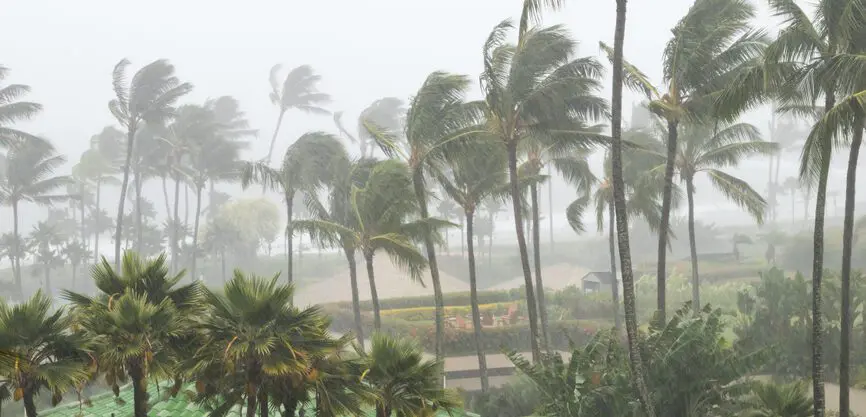Climate Bioethics Program
Principal Investigator: Cheryl MacPherson, Windward Islands Research and Education Foundation and St. George’s University, Grenada
Investigators: Carolyn Neuhaus and Athmeya Jayaram (The Hastings Center), Paul Cummins (Clarkson University)
Funder: Fogarty International Center and the Office of the Director, National Institutes of Health
Start date: October 2023
Caribbean basin countries are particularly vulnerable to climate change. Questions about the responsiveness and responsibilities of health systems to mitigate and adapt have ethical dimensions. Should Caribbean low- and middle-income countries that contribute little to global climate change yet are among the most vulnerable to its harms mitigate by transitioning to environmentally sustainable health systems? What are the tradeoffs of adapting environments versus abandoning low-lying locales? How do citizens of these countries view such tradeoffs? What are the responsibilities of health systems abroad to climate migrants? Addressing these ethical questions is urgent given the rapidity with which climate change is affecting the environments, health, and well-being of people living in the Caribbean basin. Justice would require that scholars and voices from the Caribbean are included in local and global climate change and health research and policy development.
The Hastings Center, in partnership with the Caribbean Research Ethics Initiative (CREEi) and Clarkson University, is launching a program on climate bioethics. The Hastings Center-CREEi Climate Bioethics Program will recruit eight Caribbean bioethics scholars to spend a year learning about climate change and health and exploring ethics questions related to research, policy, and practice. This partnership is an extension of the Caribbean Bioethics Education Program, launched in 2022.
The outcomes of the project will serve the long-term goal of enhancing justice and equity in climate change and health research and Caribbean countries’ responses to climate change and health. The outcomes will be:
- A free, online case book with authored contributions from trainees.
- Collaborative research among global climate change and health scholars, leaders, and stakeholders together with the trainees and regional experts in the Caribbean basin.
- A public-facing webinar to communicate main messages from the climate change and health network developed in this project to a wide range of stakeholders, including climate journalists.

